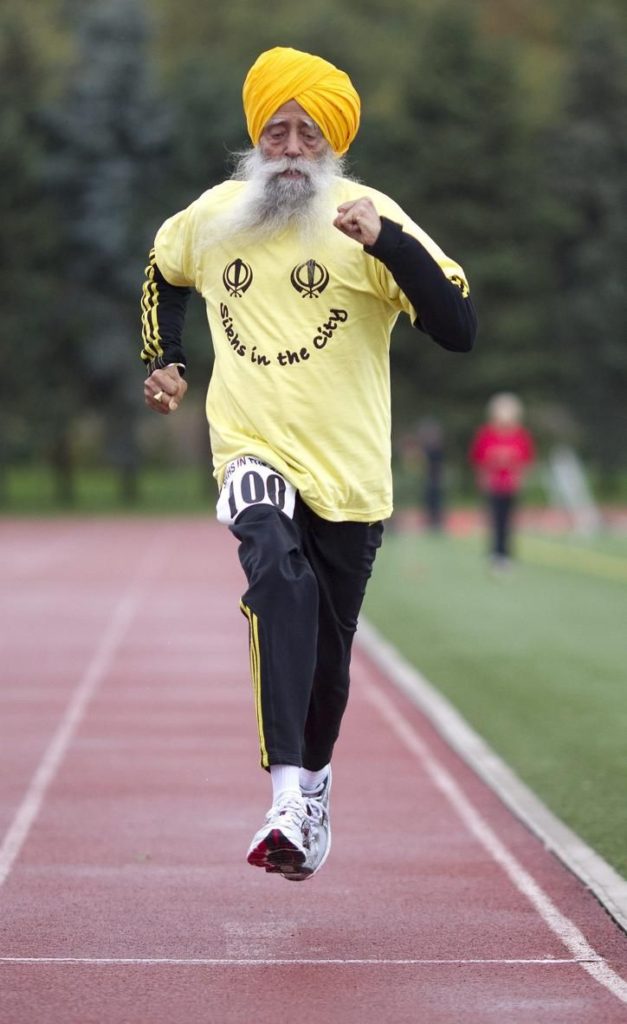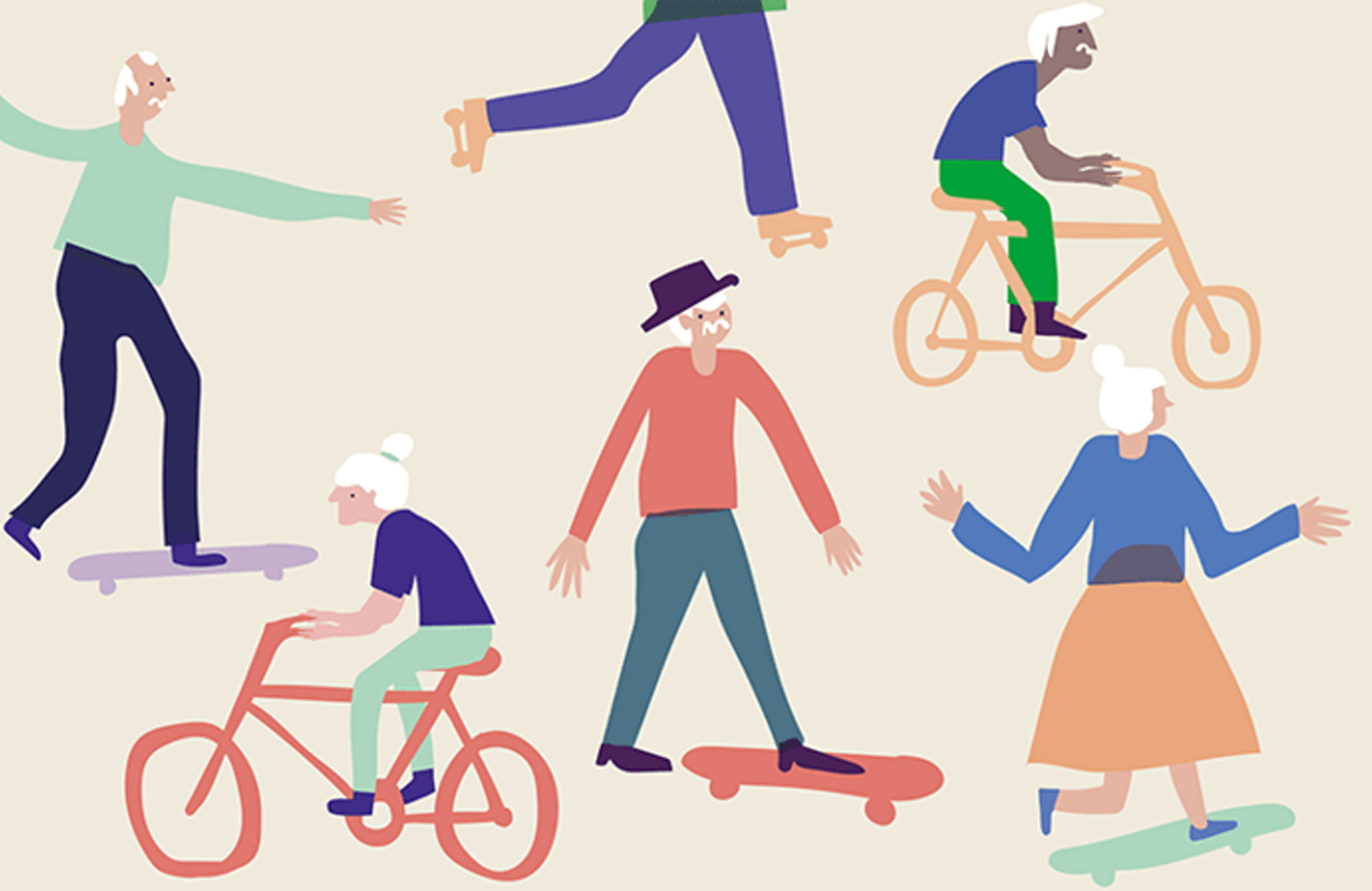Dr Saheb Sahu, FAAP, MPH.
Overview

Morbidity and mortality are two terms often get confused. Morbidity refresh to a specific illness or condition, while mortality refers to death. Some example of common morbidity is: heart disease, diabetes, and obesity. Mortality measures death. Mortality rate refers to number of deaths per 1,000 populations.
Ageing or aging is the process of becoming older. In humans, ageing represents the accumulation of changes over time and encompasses physical, psychological and social changes. Reaction time, for example, may slow with age, while knowledge and wisdom may expand. Ageing is among the greatest risk factors for most human diseases. Human body is like a well oil machine but with time there is wear and tear and many parts tend to break down as we age. But if we take good care of our body, we can delay the ageing process even though we cannot stop it.
The EPIC (European Prospective Investigation into Cancer) study followed 520,000 older people for more than 15years and showed that four behaviors alone seemed to prevent 90% of diabetes, 81% of heart attack, 50% of stroke, and 36% of all cancers. These four behaviors are: 1- not smoking, 2-excercising, 3-eating a healthy diet and 4- maintaining a healthy weight.
When it comes to staying healthy, most people have the same motivation: living as long and fulfilling a life as possible. And while science has yet to find a true fountain of youth, researchers have identified certain behaviors that can increase longevity and decrease morbidity.
1-Not Smoking
Smoking of all kinds( cigarette, bidi, hookah) are associated with serious health problems including lung cancer, heart attack, stroke, and mouth and throat cancers, contributing both to morbidity and mortality. Chewing tobacco and tobacco in pan is the most common cause of mouth cancer, which is the most common cancer in India. The best way to reduce your risk, of course, is never to smoke at all- but if you do, quit as soon as possible minimizing threats to your health.
For years, moderate drinking was touted as a harmless — and maybe even healthy — habit. But recently, scientific opinion has begun to shift toward a more cautious stance on alcohol. Hence if you do not drink, do not start now. If you do, do not have more than one drink a day and let the drink be wine and not hard liquor.
2- Exercise and Physical Activity
Exercise and physical activity are considered the corner stone of almost every healthy ageing program. Scientific evidence suggests that people who exercise regularly not only live longer, they live better. And, being physically active – doing everyday activities like gardening, taking the stairs instead of the lift (elevator) and walking the dog-can help you continue to do things you enjoy and stay independent as you age.
Regular exercise and physical activity can reduce your risk of developing some diseases like- diabetes, high blood pressure, heart disease, stroke, arthritis and many cancers. Exercise may even be an effective treatment for many of these conditions.
Evidence now suggests that people who begin their exercise program in later life, for instance in their 60s and 70s, can also experience improved lung, heart, muscle and brain functions.
How much exercise? US Federal physical activity and WHO (World Health Organization) guidelines recommend aiming for at least 150 minutes of moderate or 75 minutes of vigorous activity each week, plus twice –weekly muscle strengthening exercises, to reap the health and longevity benefits. Many physical activities, such as walking briskly are free and do not need any special equipment except for a pair of good shoes. Walking with a friend is even better, both for physical and mental health. Bottom line, any activity is better than none. The best exercise is the one that you will continue to do.
3-Eating a Healthy Diet
Diet is strongly linked to longevity. Research has long suggested that following a Mediterranean diet — which includes plenty of fruits, vegetables, whole grains, nuts and healthy fats, and not much sugar, red meat or processed food — brings a host of health benefits, including a longer life.
On the other hand, foods including processed snacks and meats, fried foods and sugar- sweetened beverages have been linked to higher risks of chronic diseases and death.
4-Maintaining a Healthy Body Weight
Ideal body weight is complex issue. Diet and exercise habits help people maintain a healthy body weight, which is defined as a body mass index (BMI) between 18.5 and 24.9. For Indians, the upper limit of BMI is 24. Studies have shown that abdominal fat (bulging tommy) is worse than just being overweight. For Indian men the waist circumference should be less than 90 cm and for women it should be less than 80cm.Increased waist circumference (abdominal fat) and obesity are associated with chronic health conditions including Type 2 diabetes, cardiovascular disease and cancer, all of which can shorten your life.
Conclusion
When the body is shriveled
Another steps falter;
When the teeth are decayed
And the face is smeared with slobber,
When sight fails
And the figure is no longer trim;
The Kinsfolk find no time for conversation
Even the son despises the man
Overcome by old age, alas!
The Panchatantra c 200BCE?
Longevity depend s on our genes and our lifestyle. We have no control over what good or bad genes we inherit but we have some control over how we live our lives. Scientific studies are quite conclusive that age-related morbidity can be postponed and longevity can be increased if we live a healthier life style. According to National Institute of Aging, USA-“Finding a “fountain of youth” is a captivating story. The truth is that, to date, no ant-aging remedy has been found.” Hence, do what have been proven to work; do not smoke or drink, be physically active, eat a healthy diet and maintain a normal body weight.
It is never too late to start.
Source- National Institute of Aging. nia.nih.gov/health/what-do-we –know-about –healthy-aging
EPIC Study-www.epictrial.com



